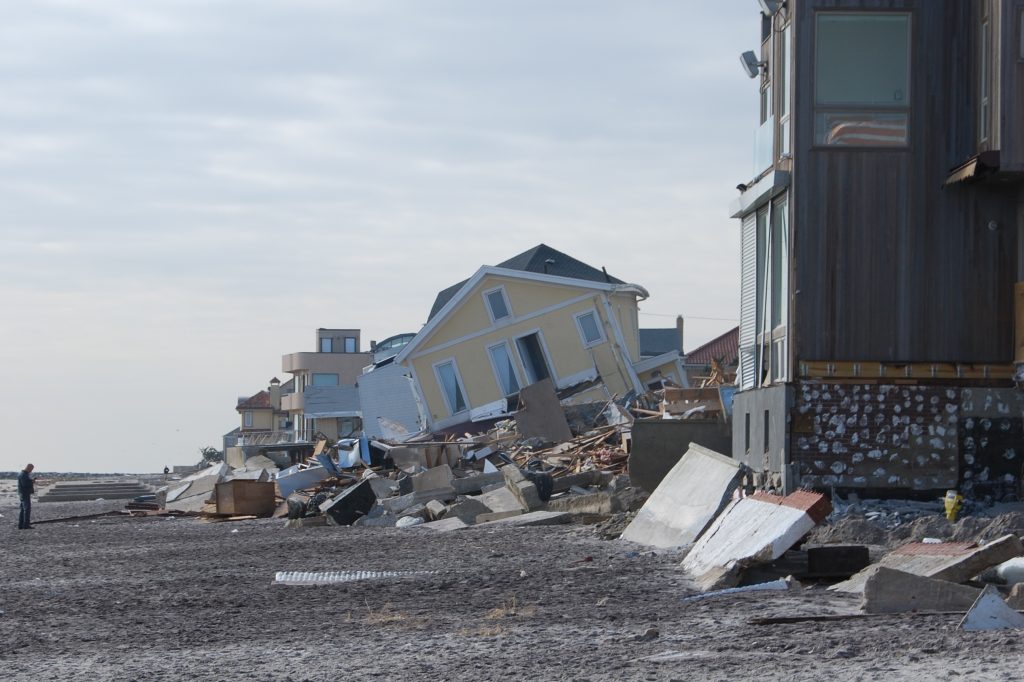Hazard-Resilient Infrastructure: Analysis and Design

A large portion of the world’s population, infrastructure, and wealth is concentrated in locations prone to natural disasters such as earthquakes, droughts, floods, and storms, so infrastructure resilience and sustainability as system characteristics are necessary for societal endurance and survival. Enhancing infrastructure at the element, system, network, and community levels will lead not only to massive savings and conservation of resources through efficiencies but also through risk reduction to life, property, and environment, and expeditious recovery in case of natural disasters.
Hazard-Resilient Infrastructure: Analysis and Design, MOP 144, provides guidance and an underlying framework for creating consistency across hazards, systems, and sectors in the design of new infrastructure systems. The book also discusses enhancing the resilience of existing systems and relates this framework to the economics associated with system lifecycle, including organizational and socioeconomic considerations.
This MOP uses probabilistic methods for risk analysis and management of infrastructure projects to address uncertainties within a planning horizon timeframe effectively. This approach includes identifying and analyzing hazards, system failures, associated probabilities and consequences including direct and indirect losses, failure and recovery profiles quantification of resilience, effects on communities, economics of resilience, and technologies for enhancing resilience for new, as well as existing infrastructure. Examples and cases studies are also included.
Engineers, planners, researchers, and other community stakeholders will benefit from this manual as they make assessment, and planning and design decisions related to all types of hazards and infrastructure.
Publisher
American Society of Civil Engineers
Publication: American Society of Civil Engineers